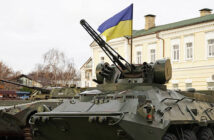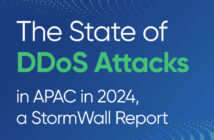
By
Lizzie Damiano
Edith Cowan University
Mention the word “security” to most people and the image that usually jumps to mind is the stereotypical image of active security –a security guard, perhaps doing his rounds of the building he is protecting, or CCTV cameras or other physical equipment providing tangible security. However, security as a profession is much more than just the hardware or tangible systems that secure the assets those systems are designed to protect; indeed, for security to be considered a profession, its practices must be based on a consensual body of knowledge and educational standards, with defined concepts that form this structured body of knowledge.
Security knowledge is structured and the interrelationships and interdependencies within its knowledge base is what allows for the achievement of regularity and consistency in its results. The need for security professionals to base their work upon such understanding and applied use of theoretical knowledge to methods of protection allows for a degree of prediction in their work, which in turn enhances their outputs. It is this knowledge of security theories and analysis that is the driving force behind the development of the security professional. Today, the security professional is required to operate on an abstract service level, one which involves the practice of diagnosing specific concerns, developing a holistic protection strategy on a diverse range of projects/buildings, and designing and project managing the commissioning of complex engineered physical protection systems. Such complex tasks require an understanding of advanced technologies, analysis techniques, and communication skills to achieve their protection objectives in today’s world…Click here to read full article.






